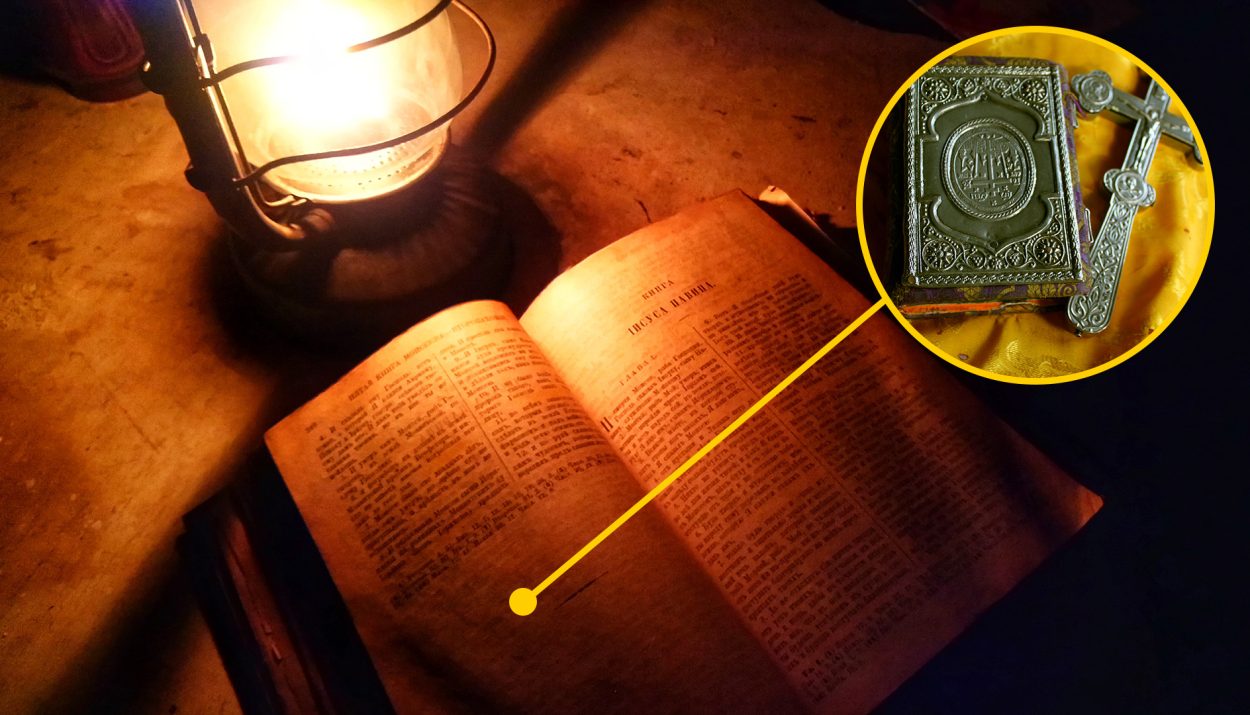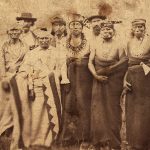Who wrote the Bible? And why? Theologians will tell you that the Bible is the literal word of God, as written down by various scribes. It was long believed that the reason why the Bible was written was to share morality lessons, offer spiritual guidance, and record historic events.
However, one scholar has recently authored a book in which he presents a unique take on the origins of the Bible. As Jacob L. Wright posits in Why the Bible Began, the most influential text ever written may not have started out as a religious book, but as a hot-to guide to help the defeated cope with a political loss and learn about peoplehood.
Delving into the Bible’s Origins
Jacob L. Wright is a professor of Hebrew Bible at Emory University’s Candler School of Theology. He has devoted his career to studying the Bible from both a religious and historical lens. It was when Wright noticed discrepancies between the two that he delved deeper into the Bible’s origins.

The result of his research is Why the Bible Began, a book he published in October 2023. In this book, Wright suggests that the ancient scribes who pieced together the books of the Bible were doing so to show people who had been conquered by a succession of outsiders how to create a peoplehood.
The Bible’s Old Testament
The Bible is divided into two parts, the Old Testament and the New Testament. The Old Testament is important to both Christians and Jews. The earliest texts in the Old Testament were written around the 7th century BCE.

Within the Old Testament we find historical accounts of several events, including the Israelites’ exodus from Egypt. There are also legal codes, morality lessons, wisdom from wise prophets, and practical knowledge.
The Bible’s New Testament
The New Testament focuses on Christianity and details the life, preachings, and crucifixion of Jesus Christ, as well as his resurrection. The writings are credited to the apostles, disciples of Jesus, and other early Christian figures.

Biblical scholars believe that the New Testament was written in the first century AD. The different authors, writing from their own perspectives and as part of different communities, have given the Bible its diversity.
How Historically Accurate Is the Bible?
Scholars have long looked to the Bible as a source of historical information. However, as more and more archaeological evidence is found, the accuracy of Biblical accounts has been called into question. This began Wright’s deep dive into the origins of the Bible.
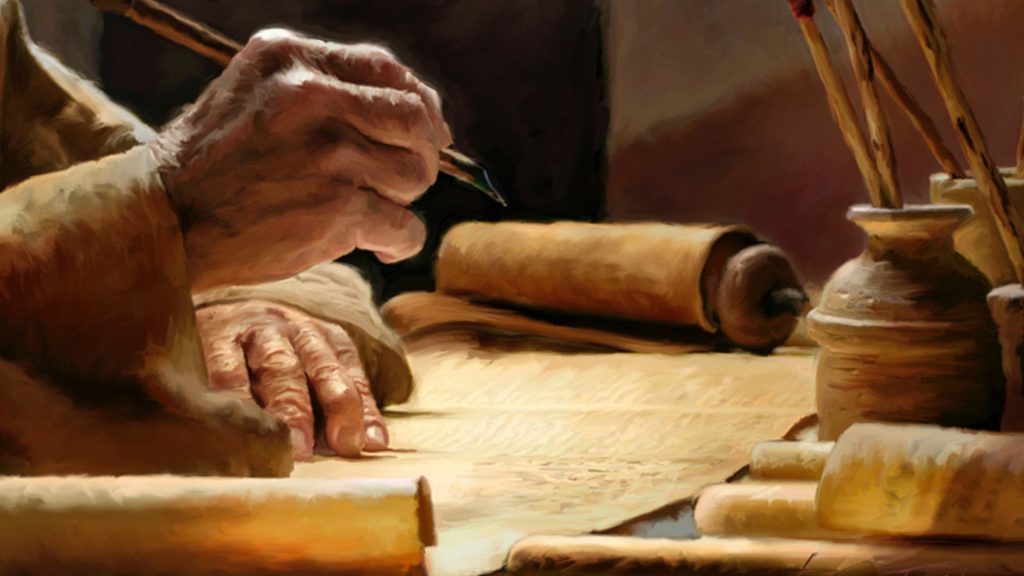
As Wright explains, we know that the Bible is essentially a compilation of writings, stories, and reports by various individuals. Wright wanted to know why they chose to include the stories that they did. He also looked at what wasn’t included. This led him to his new theory.
Scouring the Sources
When developing his theory and writing his book, Wright used two types of sources. One, of course, was biblical writings. Since the original texts have been lost, Wright had to look at the research of other scholars to get a big picture view of the information.
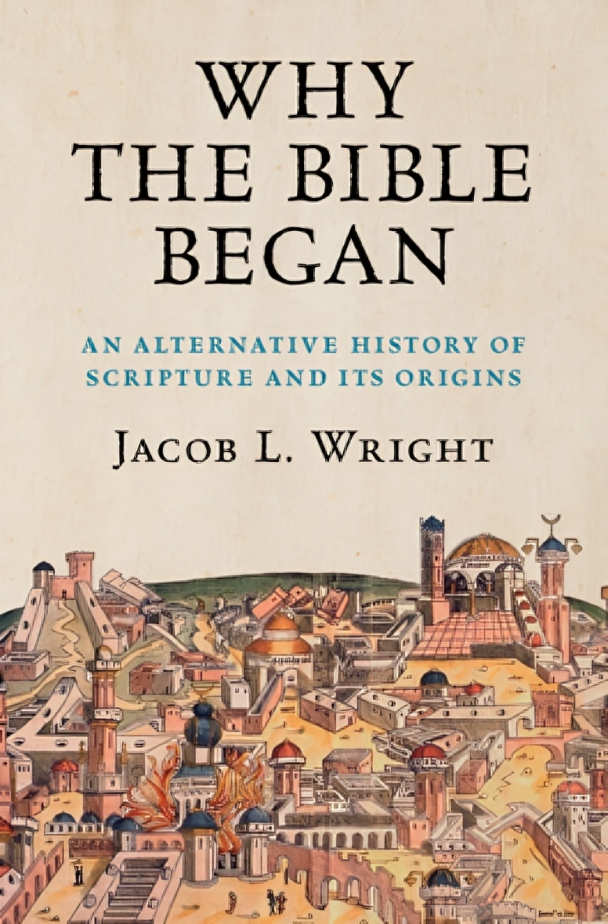
He also relied on recent discoveries unearthed during archaeological excavations. The writings on ancient tablets and scrolls were translated by experts in ancient languages, From these accounts, Wright gained a better understanding of the political turmoil of biblical times.
A Series of Defeats
Jerusalem and the Middle East, as Wright explains in his book, had endured a series of defeats at the hands of the Assyrians, the Babylonians, the Persians, and eventually, the Greeks and Romans. Ancient scribes pulled from two different sources to compile their book.

He further explained, the scribes took “Palace Histories” – accounts of several kings including Saul, David, and Solomon – and merged them with “People’s Histories” – accounts of patriarchs like Isaac, Abraham, and Moses. The end result, however, was less than factual.
The Divided Kingdoms of Judah
In stitching together stories from these two sources, Wright explains, the ancient scribes left out mentions of the divided kingdoms of Judah, erasing the memories of when Judah was split between a southern kingdom and a northern one.
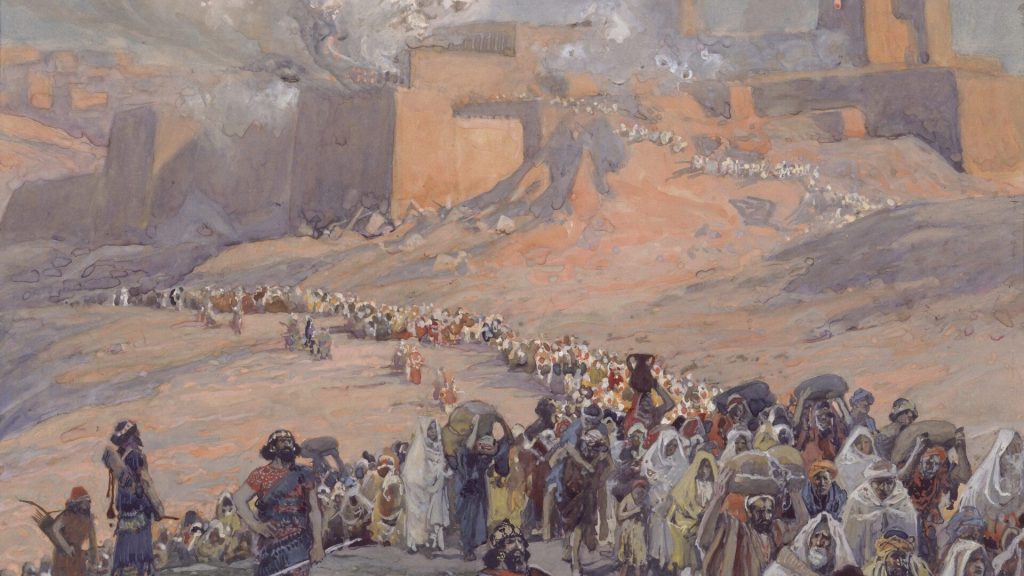
According to Wright’s book, Why the Bible Began, this was not an oversight. It was intentional. He believes that the original purpose of the Bible was to give the defeated people of Judah a simplified and, perhaps, nostalgic story of a shared past with the hope of a shared future.
“History and Story Diverge“
According to Wright, “If we look at the biblical depiction of Israel’s emergence in Canaan, it departs in fundamental ways from what we now know.” The biblical accounts, while they contain some historically accurate elements, is just a story.

In light of archaeological evidence, we can see, as Wright explains, “how far history and story diverge.” It is by examining the divergence that Wright was able to look at the Bible through a new lens.
The Bible Was Compiled after a Defeat
Wright suggests that the Bible was pieced together by the scripts on the heels of yet another defeat. He points to the fact that the scribes have intentionally removed references to kings and monarchies from the text.

“David appears very late in the story,” Wright said. “Many things happened before, and they happened without a native king to lead the way.” He contends that the scribes did their work after their kingdom had been defeated once again.
The Bible Wasn’t Meant to Be a Religious Book?
A close analysis of the stories that were included by the scribes and the omission of kings from most of the text led Wright to an innovative theory. Perhaps the Bible wasn’t meant to be a religious book at all. Perhaps it was a guide to living in the face of defeat.

Many of the stories included by the scribes offer hope for people facing defeat and, more importantly, show them how to create a shared community in the absence of a monarch or ruler. It does this by giving people something greater than a king … something that can unite them.
A Motivational Guide
As Wright outlines in Why the Bible Began, “The earliest biblical texts were, first and foremost, not religious writings, but a project of bringing together rival communities.” For a theologian and biblical scholar, this is a controversial theory.
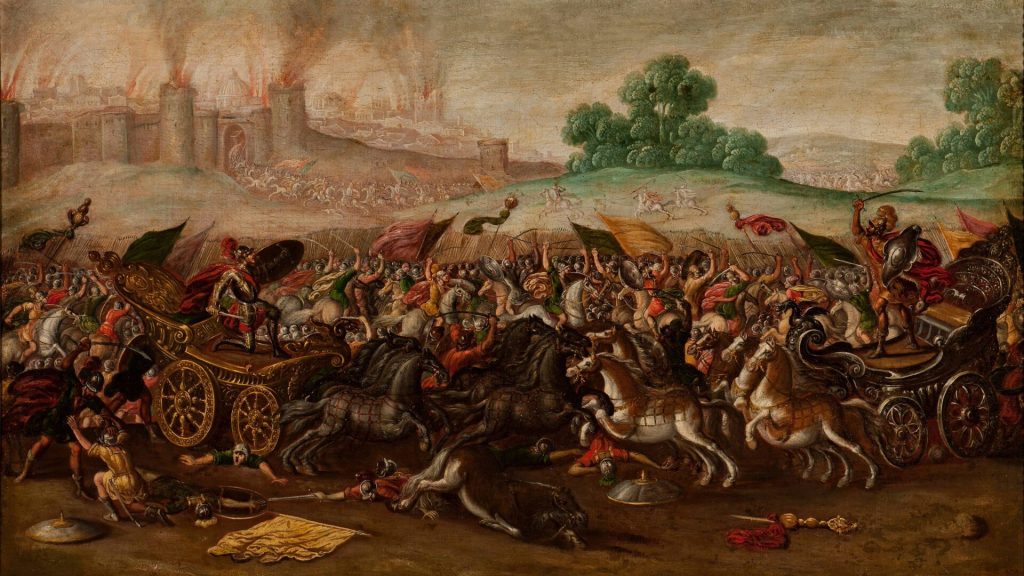
However, Wright provides evidence throughout his book to support the idea that the Bible was designed to remind the people of Judah that they were originally one family. It was, he suggests, a guide for establishing a ‘peoplehood.’
What Is a ‘Peoplehood’?
After the defeats the people of Judah endured, it would be natural to feel a sense of loss of identity. They were no longer citizens of their own nation or subjects of their own king. Wright suggests that the Bible wanted to show them that they could still be a unified group in the absence of a political ruler.

“This new idea is that we can be a people, even without a king holding us together,” Wright explained. “It’s not a nationalistic liberation movement, but fundamentally an attempt to come to terms with the loss of statehood – a Plan B. And that is going to be something no army can conquer.”
Giving Hope Through Peoplehood
By creating a peoplehood – a shared community united by a common ideology – the ancient scribes were telling the people of Judah they can still have hope for the future. They are showing them that a nation is not defined by governmental or political boundaries.

The ancient scribes, Wright believes, were collecting “the broken shards of their diverse pasts and constructing from them a new narrative, one that empowered a defeated community to confront their collective trauma and pave a way to a new future.”
Giving People a Greater Purpose
In biblical times, there were, as Wright explains, multiple Yahwehs, the name for God. The ancient scribe arranged and compiled their Bible project around the idea that the multiple Yahwehs were, in fact, one. Wright believes that this was done on purpose as part of the ‘peoplehood’ initiative.
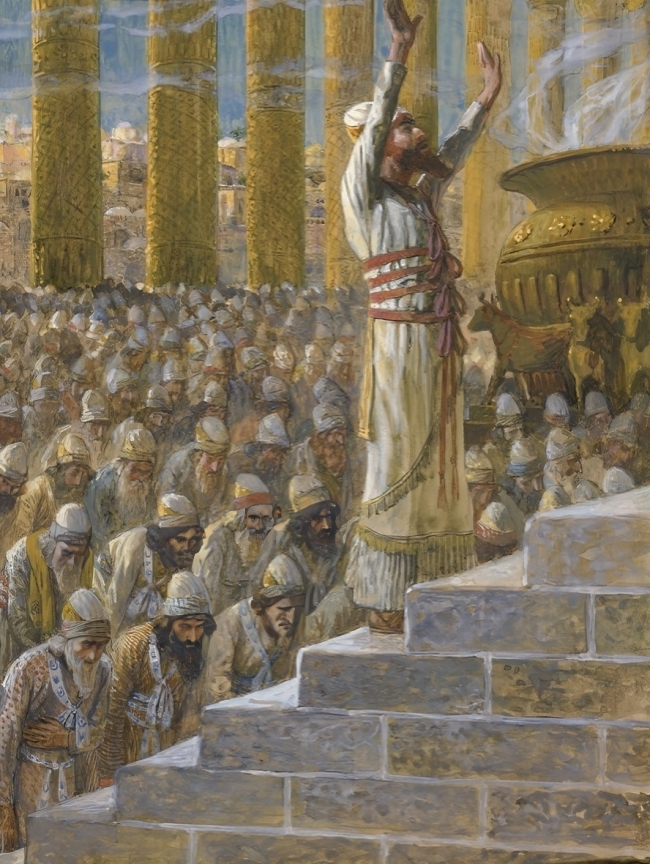
He writes, “This proclamation was a part of a grand effort to bring the nation together around one transcendent being.” He added, “The objective was to remove the monarchy and palace … and to give a defeated and divided nation a point of unity that transcends any political institution.”
The Stories of People and Their Relationship with Yahweh
In the writings they hobbled together, the ancient scripts offer a version of history that is not told through the lens of kings and battles, but through the plights of average people – men, women, and children. Their struggles are presented through their relationship with Yahweh.

The end result, as Wright explains, “An account of the dramatic relationship between a deity and a deity’s people is unprecedented, and it has had a powerful impact on religious history.”
A Survival Guide
Wright describes the Bible as a sort of survival guide to help people who are living “in a world ruled by others.” The overarching message is to focus one’s efforts on creating solidarity within one’s ‘peoplehood.’ “It’s about learning to survive, and even thrive, in conditions of imperial occupation and colonization,” he said.
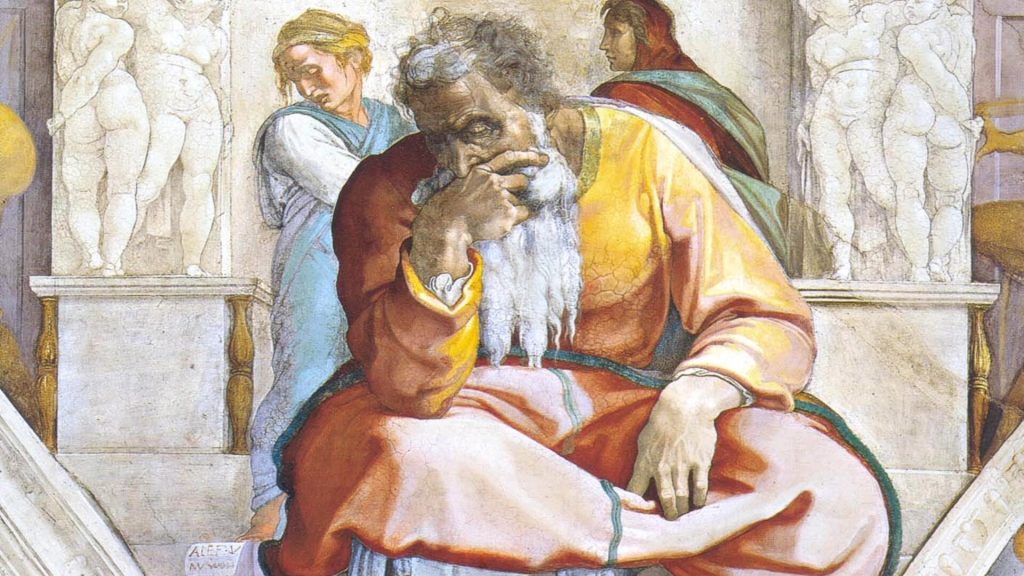
Wright is reminded of one passage in the Bible when Jerusalem is being besieged. When others tried to resist the invasion, Jeremiah urges them to “bend our neck to the yoke of the Babylonian empire so that we may live!”

